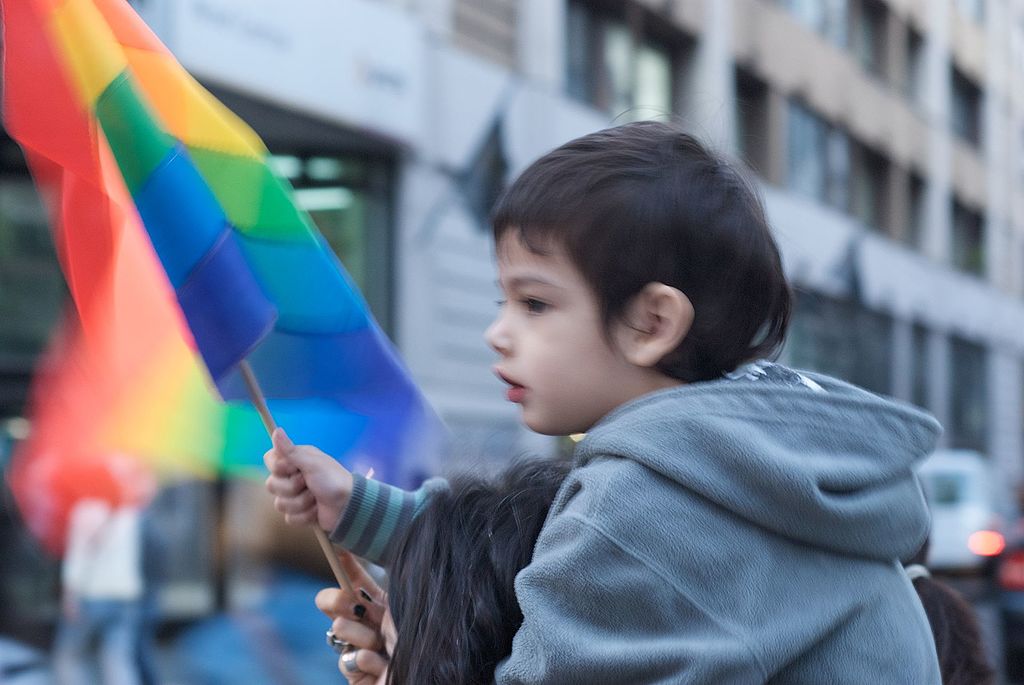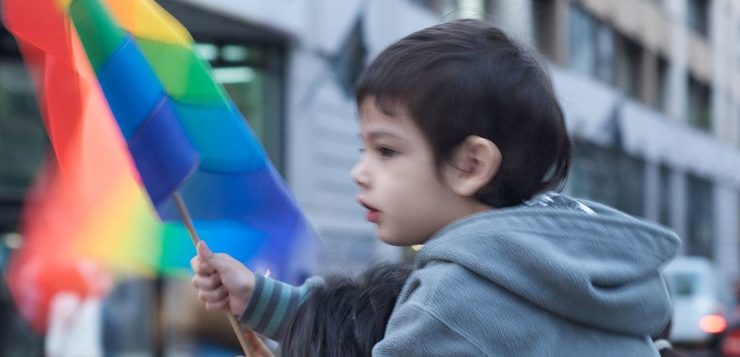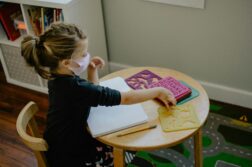
Don’t ask me how I knew, but from the time I was eight or nine, I knew—in my secret heart of hearts—that the very worst thing a boy could be was a queer, and that I was. This was scary. I knew I’d have to hide my queer identity from the world or I’d be ostracized and ridiculed. I had to live with the terror of being discovered, whether by a schoolmate, a teacher, or just about anyone.
I knew that if the truth about me got out, I’d probably be physically assaulted by gangs of straight boys. That happened to queer kids all the time back then and, in some places, it still does.
What’s more, I might be the object of legal persecution by public authorities. I might be arrested, put on trial, convicted, and imprisoned because. Moreover, I had to endure this burden entirely on my own. I knew that I could tell no one, least of all my parents. They would be horrified and ashamed. Over the next few years, as I became an adolescent, my parents somehow realized on their own that I was queer. And they were horrified and ashamed.
I don’t know how they had uncovered my secret. Perhaps I was effeminate in some way. My father seems to have thought so and was repelled by it.
One day—I think maybe I was fifteen—I was in the bathroom washing my face and hands. My father happened to enter the room. He took one look at me and was enraged by what he saw. “You wash your face just like a girl,” he exclaimed in utter disgust. I think he could have killed me with his bare hands. He turned around and stalked out.
We never discussed what happened then or at any other time. I didn’t know what it meant to wash my face “just like a girl,” and I still don’t.
Being rejected by one’s parents is a particularly hellish experience for a child or adolescent. What could be worse? The people who brought you into this world don’t want you in it any more. Parents who are mortified and scandalized when they discover their child is queer sometimes react by kicking the offending pervert out of the house—something that still happens today, tragically. My parents didn’t kick me out, but they did kick me out of their hearts. And I mourn the loss of their love to this day.
And now for the silver lining: I have come to believe that an unhappy childhood can be good preparation for life. My parents’ rejection of me meant that I grew up not expecting to be taken care of. That’s a good thing when one goes out into the cold, cruel world. In contrast, a lot of people grow up expecting to be cared for, and when they’re not, they are unprepared, and may become bitter and resentful. (I believe this state of dependency and rage contributes to the cultural insanity that is enveloping the globe today.)
This was never a problem for me. Then, when I was 24 years old, fate smiled on me. I met someone who wanted to take care of me, Glenn David Pinder, who became my lover, my best friend, and my creative collaborator, and since 2014, my lawfully wedded spouse. We met in 1964—56 years ago—and he has taken good care of me ever since. I can honestly say there has not been a single day in all those years when he did not say or do something that filled me with joy—not a single day!
I consider myself the luckiest man on earth.






